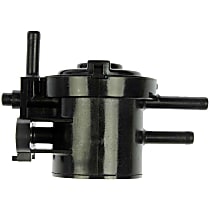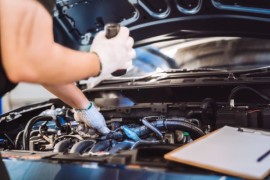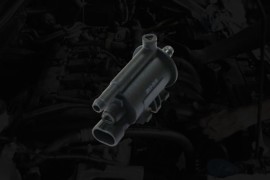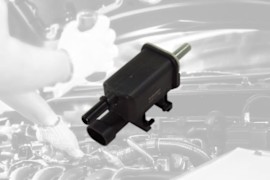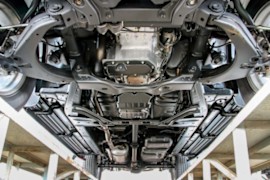{
"lazyNodes": false,
"abFitnotesFlag": false,
"abCrawlReviews": true,
"productOptionsCookie": false,
"orderDelayFlag": false,
"skipSessionCookie": false,
"covidMessage": false,
"fullTitleCookie": false,
"nrLoggerCookie": true,
"checkoutReviewCookie": false,
"productOptionSeqCookie": false,
"maintenanceFlag": false,
"bufferETACookie": false,
"multiShippingDiscountFlag": false,
"newFitmentFlag": false,
"surveyOptInFlag": true,
"crossSellFlag": false,
"skuMappingFlag": false,
"paySplitCookie": false,
"callDisableFlag": true,
"zipPaymentFlag": "c",
"hassleFreeReturn": true,
"lifetimeReplacement": true,
"cpn_off": false
}2003 Acura TL Vapor Canister Purge Solenoids
Shop Catalog
- 2003 Acura TL Type-S 6 Cyl 3.2L
- 2003 Acura TL Base 6 Cyl 3.2L
![]() WARNING: This product can expose you to chemicals including Lead, which is known to the State of California to cause cancer and birth defects or other reproductive harm. For more information go to www.P65Warnings.ca.gov.
WARNING: This product can expose you to chemicals including Lead, which is known to the State of California to cause cancer and birth defects or other reproductive harm. For more information go to www.P65Warnings.ca.gov.
- 2003 Acura TL All Submodels All Engines
![]() WARNING: This product can expose you to chemical which is known to the State of California to cause cancer and birth defects or other reproductive harm. For more information go to www.P65Warnings.ca.gov.
WARNING: This product can expose you to chemical which is known to the State of California to cause cancer and birth defects or other reproductive harm. For more information go to www.P65Warnings.ca.gov.
Popular Products

DORMAN – OE REPLACEMENT VAPOR CANISTER PURGE SOLENOIDS
Dorman’s OE replacement vapor canister purge solenoids restore optimum siphoning of fuel vapors from your EVAP system to the engine. Since 1918, Dorman Products has supplie...

STANDARD OE REPLACEMENT VAPOR CANISTER PURGE SOLENOID
Restore your ride to full function with the OEM-grade quality assurance and standard-setting performance offered by Standard’s OE replacement vapor canister purge valves....
